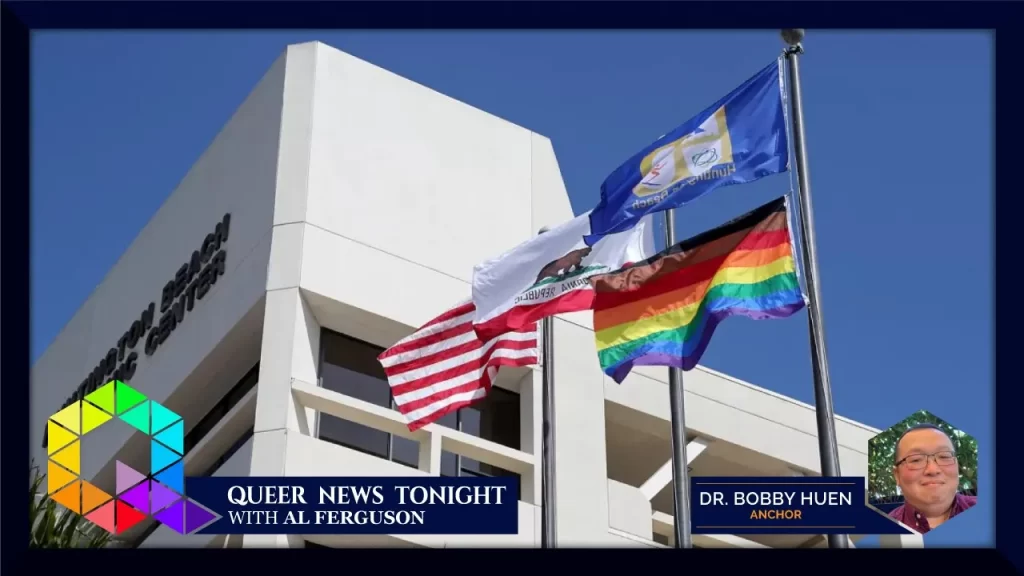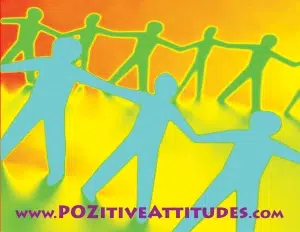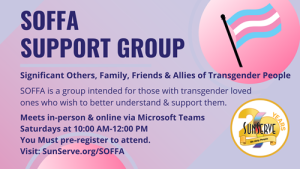Across the United States, LGBTQ+ advocates are sounding the alarm as municipalities and school districts enact measures that prohibit displays of the rainbow Pride flag on public property and in classrooms. These restrictions are part of a broader wave of GOP-endorsed reform and policy efforts that include book bans, changes to school curricula, attacks on the use of preferred pronouns, and restrictions on reproductive rights.
Such restrictions have been approved in various locations, from Delaware, Ohio, to Cold Spring, New York, and even school districts in Utah and Wisconsin. In Florida, Republican state Rep. David Borrero introduced a bill that would limit flag displays at all governmental and public school buildings statewide.
Although the municipal measures that prohibit rainbow flags may not explicitly state such, they limit flag displays to government and military flags, presenting them as a means to avoid favoring any one group over another. However, the effect is still the same: they restrict the visibility of the LGBTQ+ community and their symbols.
In response to these attacks on LGBTQ+ visibility, The Gilbert Baker Foundation has launched a Save the Rainbow Flag campaign, which includes instructions for local community advocates on mobilization and letter-writing activism. The American Civil Liberties Union (ACLU) has also issued an open letter with legal arguments against flag restrictions.
The prohibition of the rainbow Pride flag is not just a symbolic issue. It has real-world consequences for LGBTQ+ individuals who face increased discrimination and harassment when their identities are erased and ignored. By limiting the display of the Pride flag, these measures contribute to a climate of intolerance that undermines the safety and wellbeing of LGBTQ+ people.
In recent years, the LGBTQ+ community has made significant strides in securing legal protections and recognition, but these new restrictions threaten to undo much of that progress. Advocates are urging people to take action against these measures and support efforts to protect LGBTQ+ visibility and rights.


















